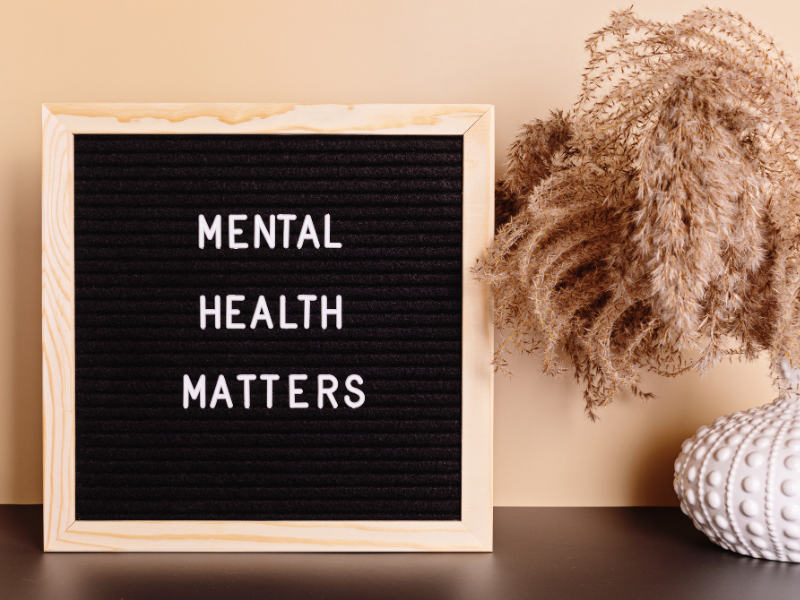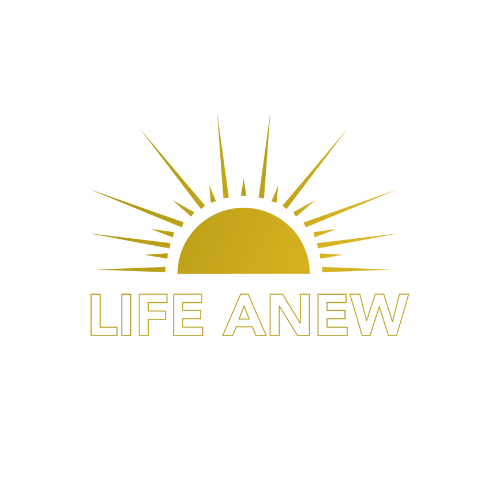The Ohio Department of Health held a virtual press conference on May 30th to address the state’s ongoing mental health crisis, particularly as Mental Health Awareness Month comes to a close, according to Channel 2 WFMJ News.
The Big Picture: Hosted by Bruce Vanderhoff, Director of the Ohio Department of Health, the conference featured LeeAnne Cornyn (Director of Ohio Department of Mental Health and Addiction Services), Aimee Shadwick (Director of Recovery Ohio), and Ariana Hoet (Executive Director for The Kids Mental Health Foundation).
By the Numbers:
– 22% of Ohioans 18+ diagnosed with depression (CDC, 2020).
– 42% of high schoolers felt sad or hopeless for two weeks (ODH, 2021).
– 37% of middle schoolers experienced similar feelings (ODH, 2021).
What We’re Hearing: Vanderhoff highlighted the rising rates of depression and suicide, stressing the need for continuous efforts beyond the pandemic’s impact.
Between the Lines: Statistics indicate an ongoing increase in mental health issues, with significant spikes in youth depression and suicide rates since 2017, peaking in 2018.
Zoom In: Summer break could exacerbate mental health struggles in children due to a lack of structure. Hoet advises parents to engage their kids in activities, maintaining connections and a consistent sleep schedule.
What’s Next: The 988 crisis hotline, launched as a free, confidential service, handled over 163,000 calls, chats, and texts in 2023. ODH aims to increase awareness, with a current reach of one-third of Ohioans.
The Backstory: Substance use disorders and mental health are closely linked, with unintentional overdoses rising from 2,110 in 2013 to 5,174 in 2021, before slightly declining in recent years.
Why It Matters: Integrated care addressing both mental illness and substance use disorders is crucial. The DeWine administration is focused on making Ohio a recovery-friendly state, supporting mental health and substance use recovery.
The Life Anew Angle: Life Anew Behavioral Health can draw inspiration from Ohio’s integrated approach to mental health and substance use disorders, emphasizing holistic and supportive services. By aligning with state initiatives, Life Anew can better serve BIPOC and underrepresented communities, ensuring that mental health support is accessible, comprehensive, and culturally competent, reinforcing its mission to empower families and communities.




